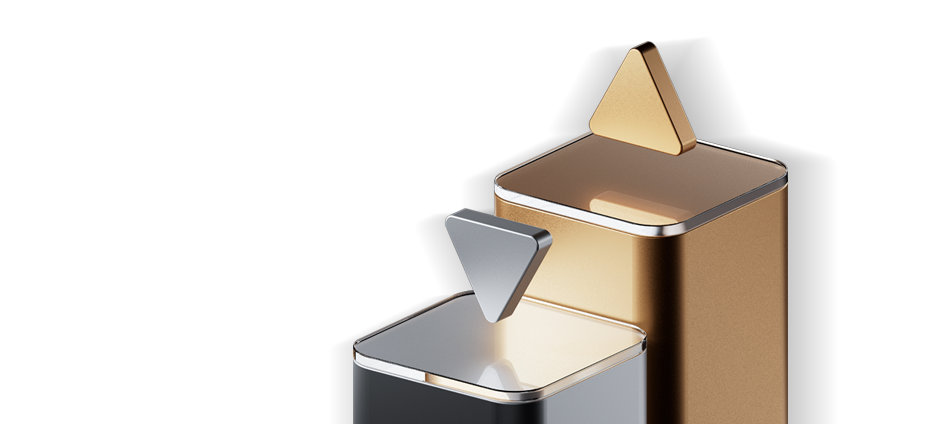Daily Investment Strategy
Hang Seng Index fell 184 points on Monday
Hang Seng Index opened 88 points higher today and then fell 101 points in the mid-day. The index continued to fall in the afternoon, closing at 16,646 today, down 184 points or 1.1%. The HSTECH reported at 3,759, down 71 points or 1.9%. The HSCEI fell 58 points, or 1.0%, to 5,703. The market turnover was HK$106.4bn. The market is looking forward to the rate cuts in next year, and the price of gold has reached a new high. The share price of gold mining stock Zijin (2899) rose 3.8% today. It was reported that many Chinese banks had not received the "whitelist", and Chinese developers CIFI (0884) and Longfor (0960) fell 5.1% and 2.5% respectively
Japan's inflation turned lower on month in October, lower than consensus
The yen has continued to rise in the past month. In addition to market expectations that the US Fed will cut interest rates soon, it also bet that the BOJ will end its excessive easing monetary next year. However, the Oct annual rate of Japan's CPI cooled down again to 2.6%, lower than market expectations of 3%. It fell by 0.2% monthly. For core CPI, the annual inflation rate continued to cool to 3.6% in November, which was also lower than the expected 3.7% and was flat m/m. Lower-than-expected inflation figures will help reduce pressure on Japan to raise interest rates.
All three major U.S. stock indexes fell. The Nasdaq composite fell 119 points, or 0.84%, to close at 14,185; the S&P 500 fell 24 points, or 0.54%, to close at 4,569; the DJIA fell 41 points, or 0.11%, to close at 34,204.
HKMA is rumored to require Hong Kong banks to increase provisions
Amid the huge downward pressure on the economy, the impairment risk of non-performing loans in Hong Kong’s financial system has begun to attract attention. It was reported that HKMA met with a group of medium-sized banks. The HKMA expects the non-performing asset ratio to rise to 2.0% by the end of this year, a new high since 2013. The ratio was 1.5% in June, reflecting a significant increase in growth. The non-performing asset ratio was only 0.6% before the covid-19. The HKMA's warning to banks means that Hong Kong's economic downturn may begin to emerge next year, including an increase in business failures and an increase in unemployment. It is believed that the credit provisions of local banks will increase significantly in the second half of the year. Coupled with the reduction in mortgage demand, which will keep the net interest income flat, the profitability of mid-sized banks may decline significantly.
Hong Kong Stock Connect was recorded a net outflow of HK$695mn on Monday, of which CNOOC (0883) had the largest inflow, reaching HK$217mn; followed by China Mobile (0941). WuXi Biologics (2269) recorded the largest net outflow of HK$584mn; followed by Tracker Fund (2800).
Wen Kit Kenny is a SFC licensed person accredited to KGI Group to carry on regulated activities (for details, please refer to:https://apps.sfc.hk/publicregWeb/indi/AJF244/details). He and/or his associate do not have any financial interest in the recommended issuer or new listing applicant.
The materials contained herein are provided by KGI Asia Limited ("KGI") for information only. While such materials are based on or derived from sources believed to be reliable, KGI makes no representation or warranty (express or implied) as to their accuracy or reliability. Neither the information nor the opinions expressed herein constitute, or are to be construed as, an offer or invitation or solicitation of an offer to buy or sell any securities or investments. KGI and its officers, employees, agents and affiliates may have interests in the securities or investments covered herein and accept no liability whatsoever for any loss or consequence whatsoever (whether direct or indirect) resulting from any use of or reliance by you on such materials.


